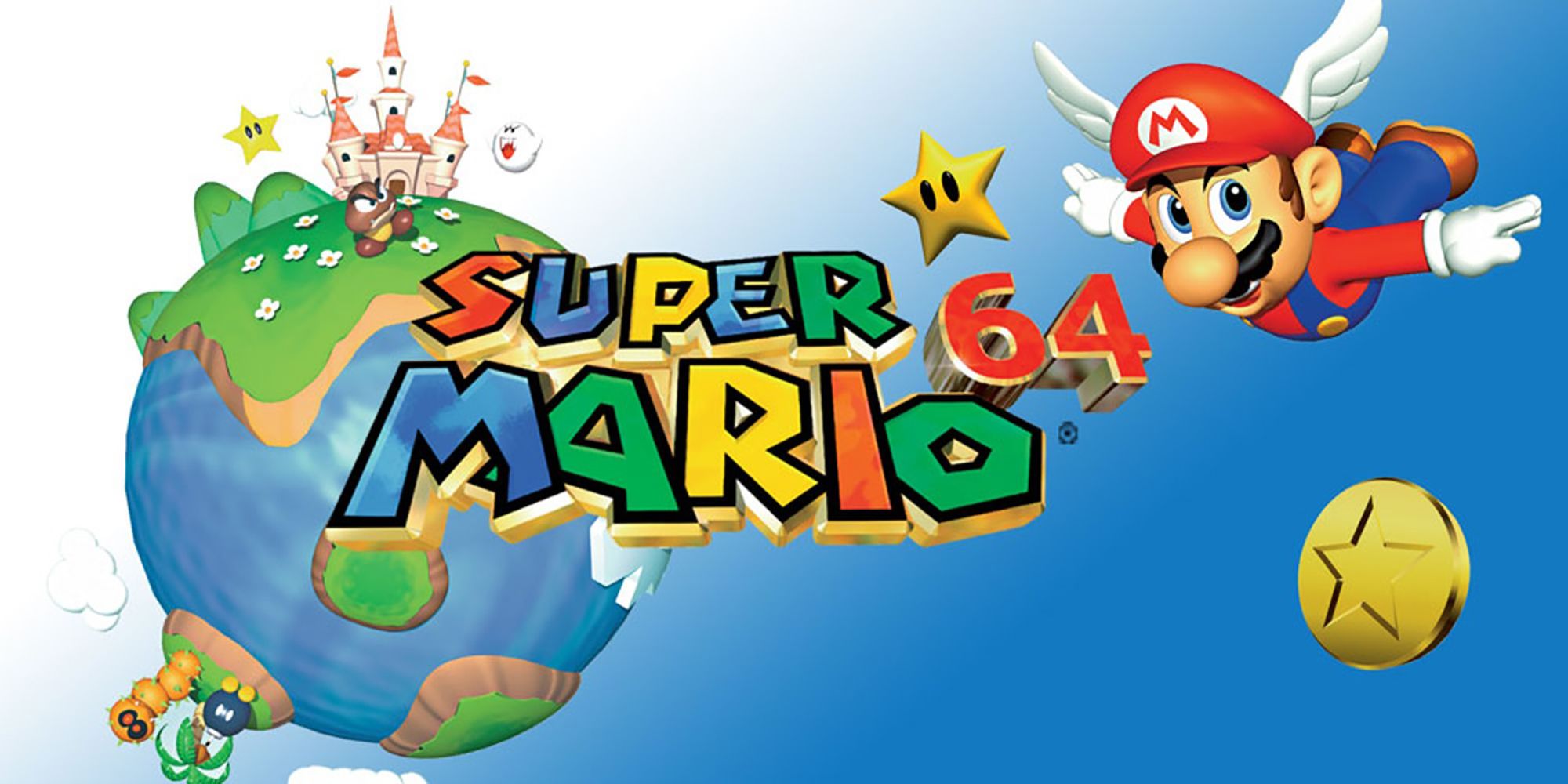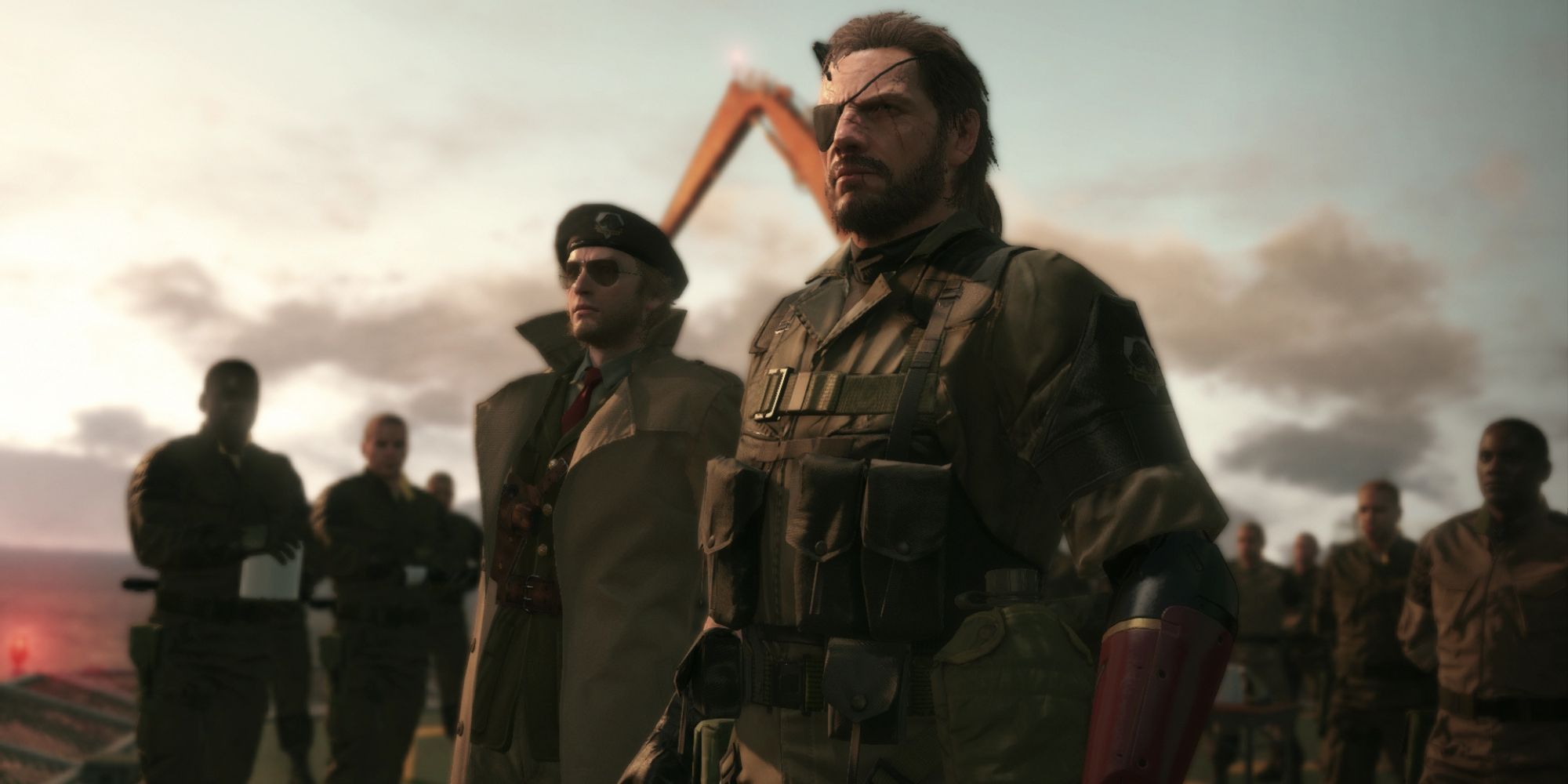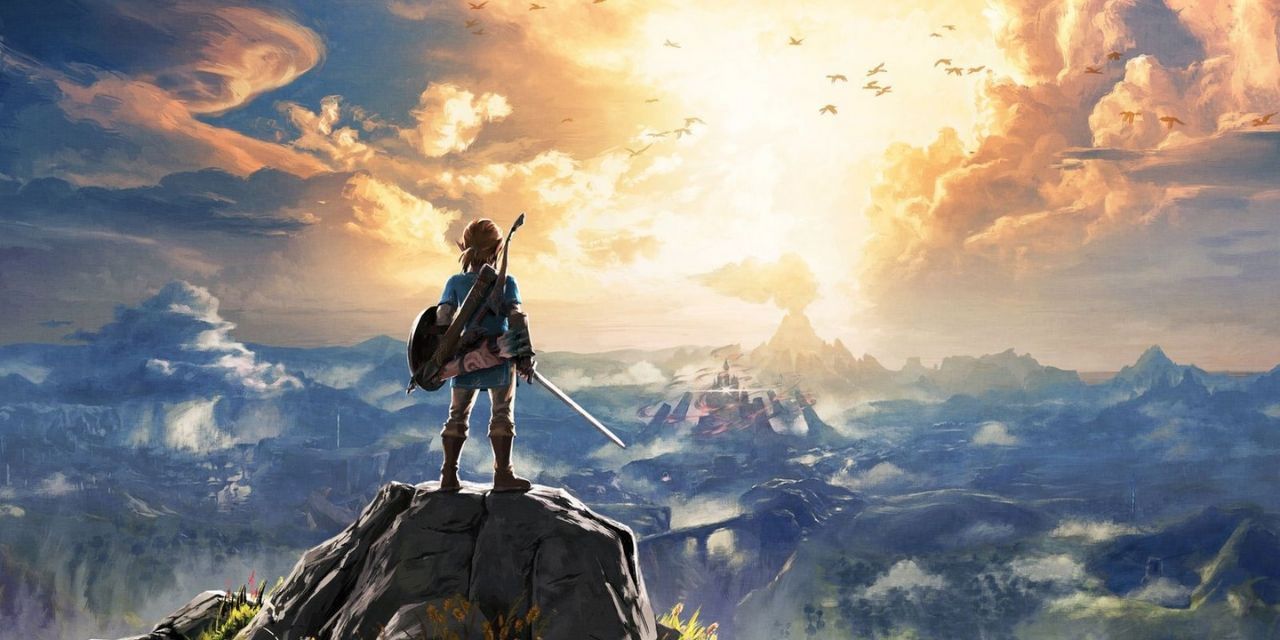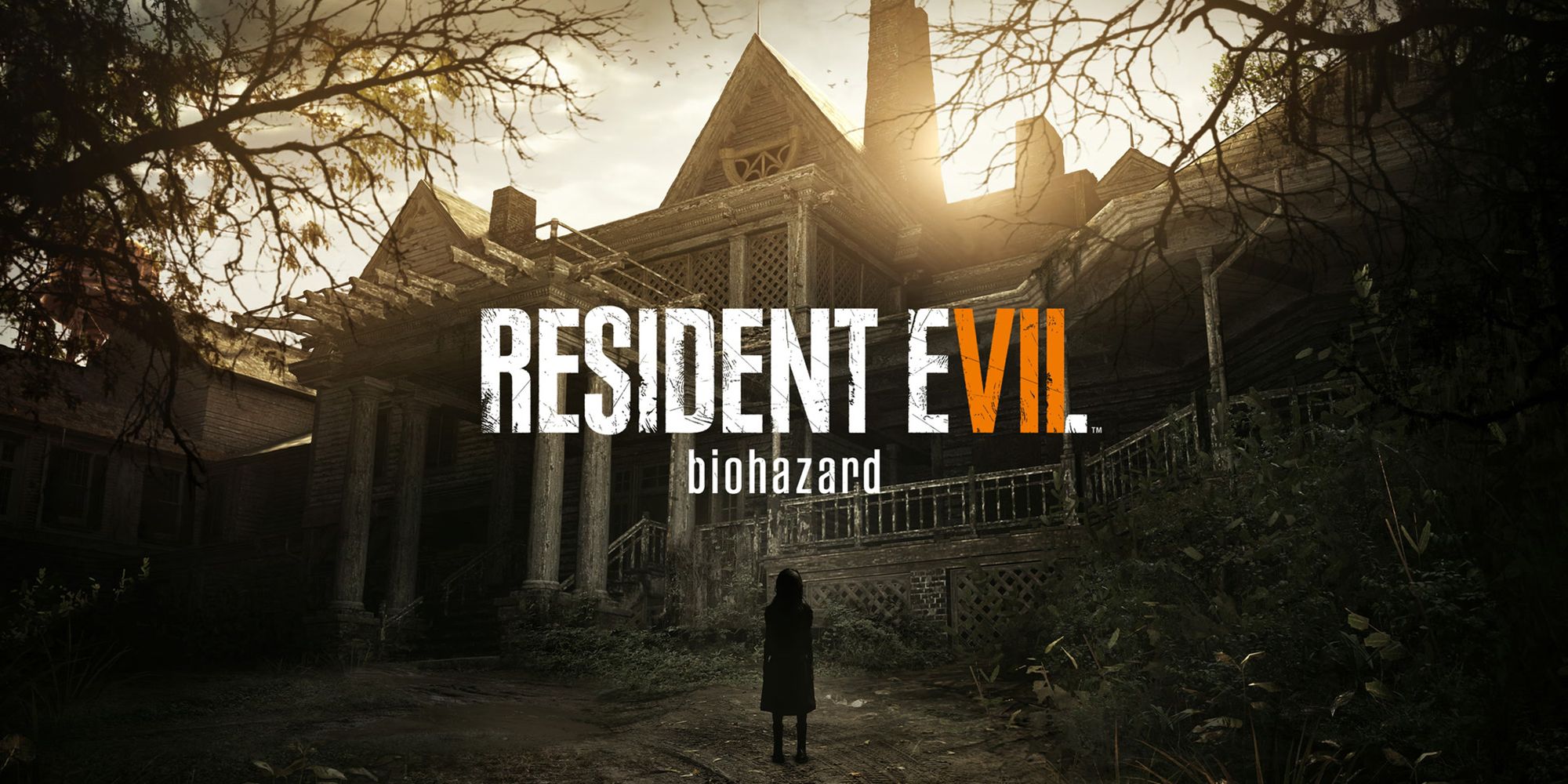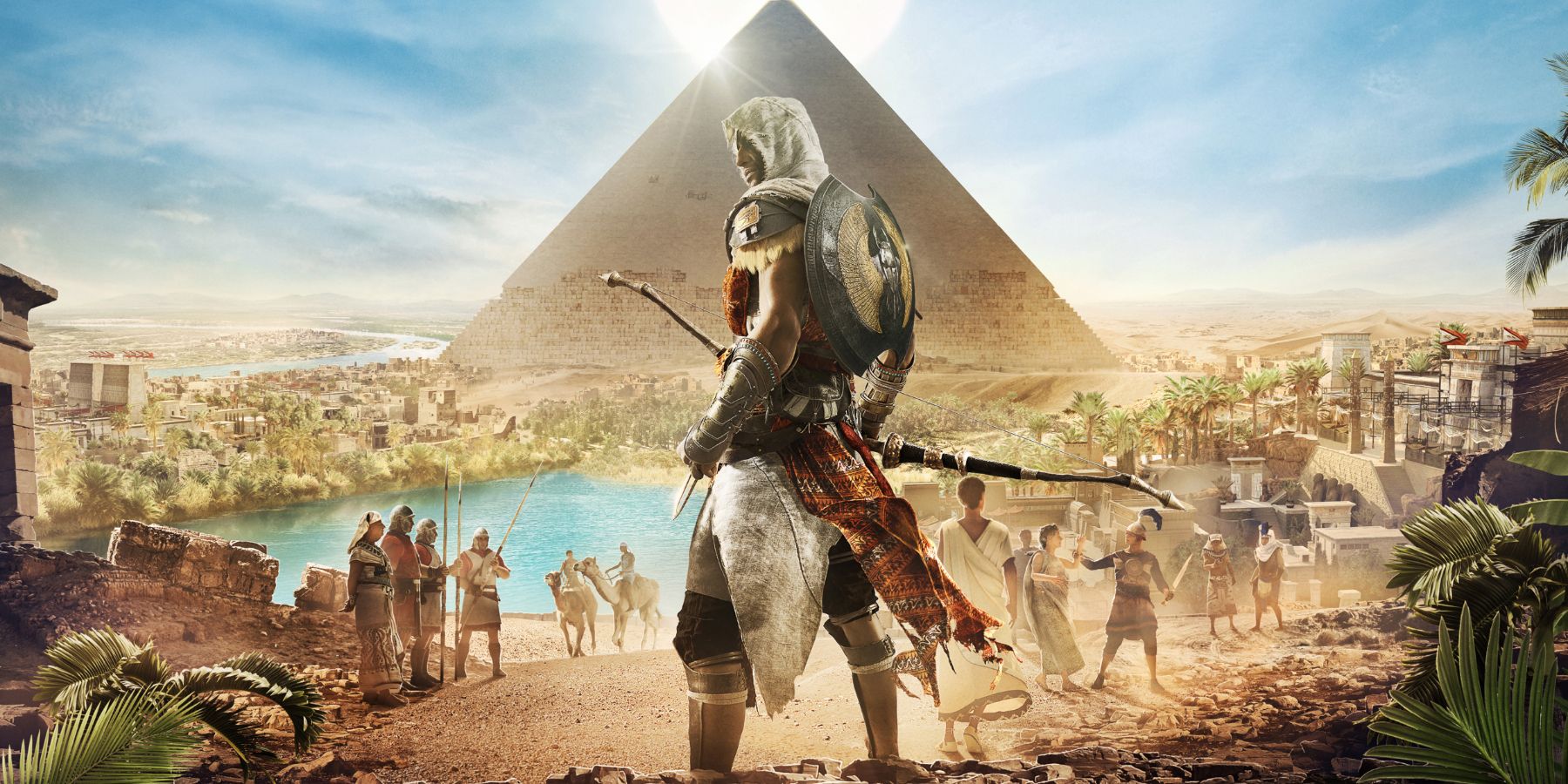A lot of times in the gaming industry, it’s common to hear the phrase “If it ain’t broke, don’t fix it” and that is mostly true for many long-running series, especially those that publish a new installment every year. However, in the spirit of aspiring for greater success, some franchises will choose to innovate and come up with a completely redefined look at the series.
Not only does this innovation inspire confidence in fans to see their beloved series branch out in fresh and exciting new ways, but it also serves as a testament to developers who can still exceed expectations by taking brave risks with a tried and tested formula. Here are the best examples of such innovations in game franchises that redefined their own series.
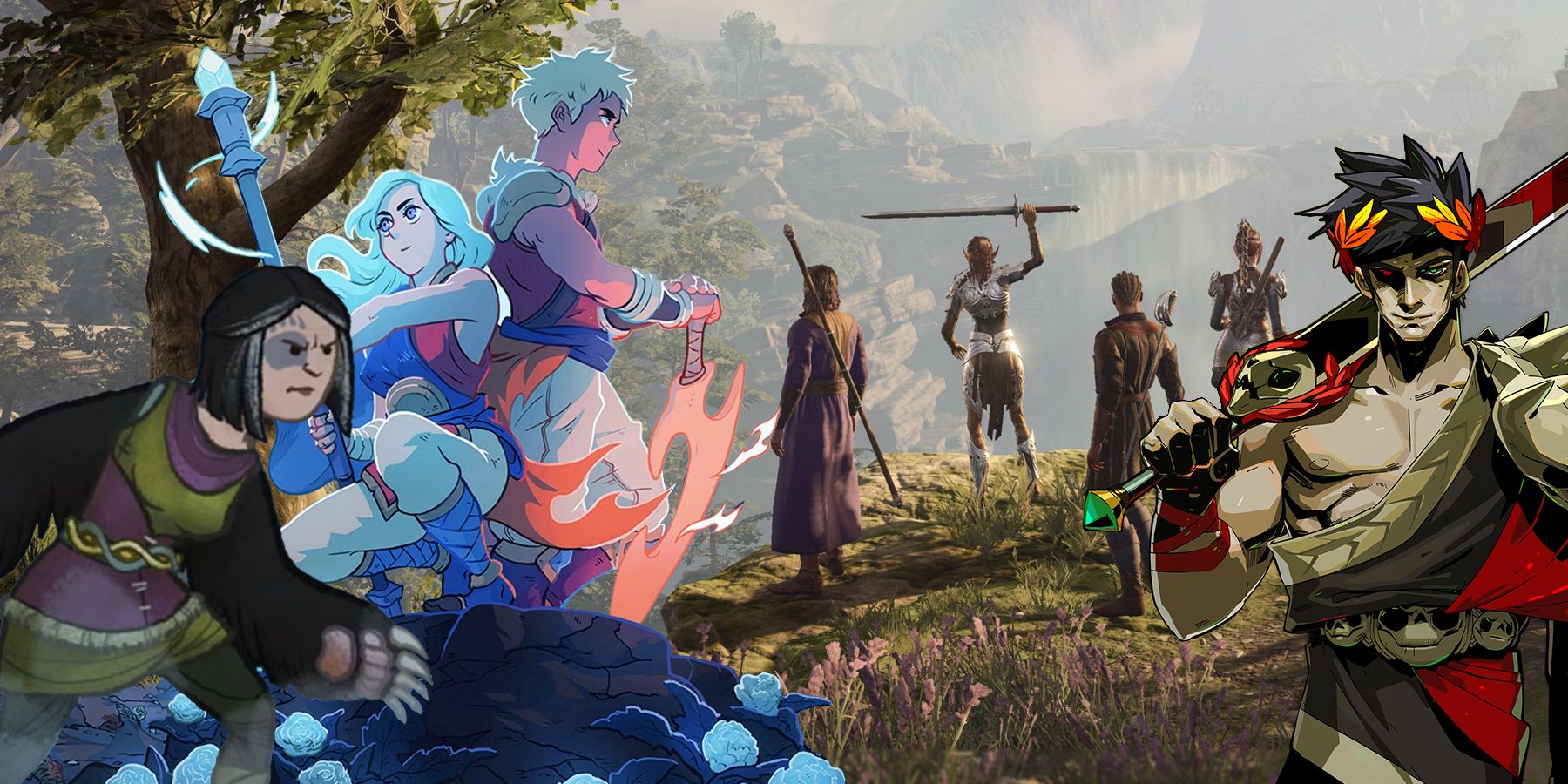
16 Best Indie RPGs Of The Last 5 Years
Indie games are progressively becoming more thoroughly integrated into mainstream gaming culture, as exemplified by these fantastic RPGs.
6 Super Mario 64
Transition From 2D Side-scrolling To Free-roam 3D Environments
Super Mario 64
- Platform(s)
- N64
- Released
- September 26, 1996
- Developer(s)
- Nintendo
- Genre(s)
- 3D Platformer
The Super Mario series remains one of the most popular names in platforming games and Nintendo continues to take the license in interesting new directions with a plethora of spin-offs. The Super Mario series spent its first decade with eight 2D side-scrolling platformers, and it was hugely successful with them, with over 100 million units sold.
In 1996, Nintendo 64 saw the release of Super Mario 64, a fully 3D platformer with expansive environments, relatively non-linear levels, and a revamped progression system. With a new analog stick and control scheme to play around with, Super Mario 64 quickly gained a reputation for intuitive and rich controls.
It was not a race to the finishing line anymore, as Super Mario 64 introduced new objectives like collecting Power Stars and unlocking hidden secrets that added more depth to the series. The game still remains a revered one in speedrunning circles for its open-ended ways of completing levels, while industry experts still sing praises for its first-of-a-kind 3D graphic design that changed platformers forever.
5 Metal Gear Solid 5: Phantom Pain
Revolutionized Stealth AI With Open-world Design
Metal Gear Solid 5: The Phantom Pain
- Released
- September 1, 2015
- Developer(s)
- Konami , Kojima Productions
- Publisher(s)
- Konami
- Genre(s)
- Stealth , Action-Adventure , Shooter , Adventure
Hideo Kojima has shown times and times again what it means to avert expectations, challenge the status quo, and deliver a product that stands the test of time. It’s as if innovation is at the heart of the Metal Gear Solid series, with achievements ranging from its leap in cinematic storytelling to dynamic stealth and AI. It would only be most fitting if Kojima saved the best for the last, and he evidently did.
Metal Gear Solid 5: Phantom Pain took the series in a new direction with its last hurrah- a masterpiece in approaching stealth missions with a great deal of versatility thanks to its open-world design. The huge arsenal of unlockable gadgets, weapons and tech ensured no run or rescue mission was similar in the faintest.
The level of immersion with such freedom in Metal Gear Solid 5, outdoes its predecessors by putting players directly into the shoes of Big Boss, not just in military operations but also when it comes to the newly introduced Mother Base management system. All of this tech showcased the future of stealth games with extremely advanced AI, dynamic day-and-night cycle and weather, and how these tie into the action or lack of it in a game that will be remembered for ages.
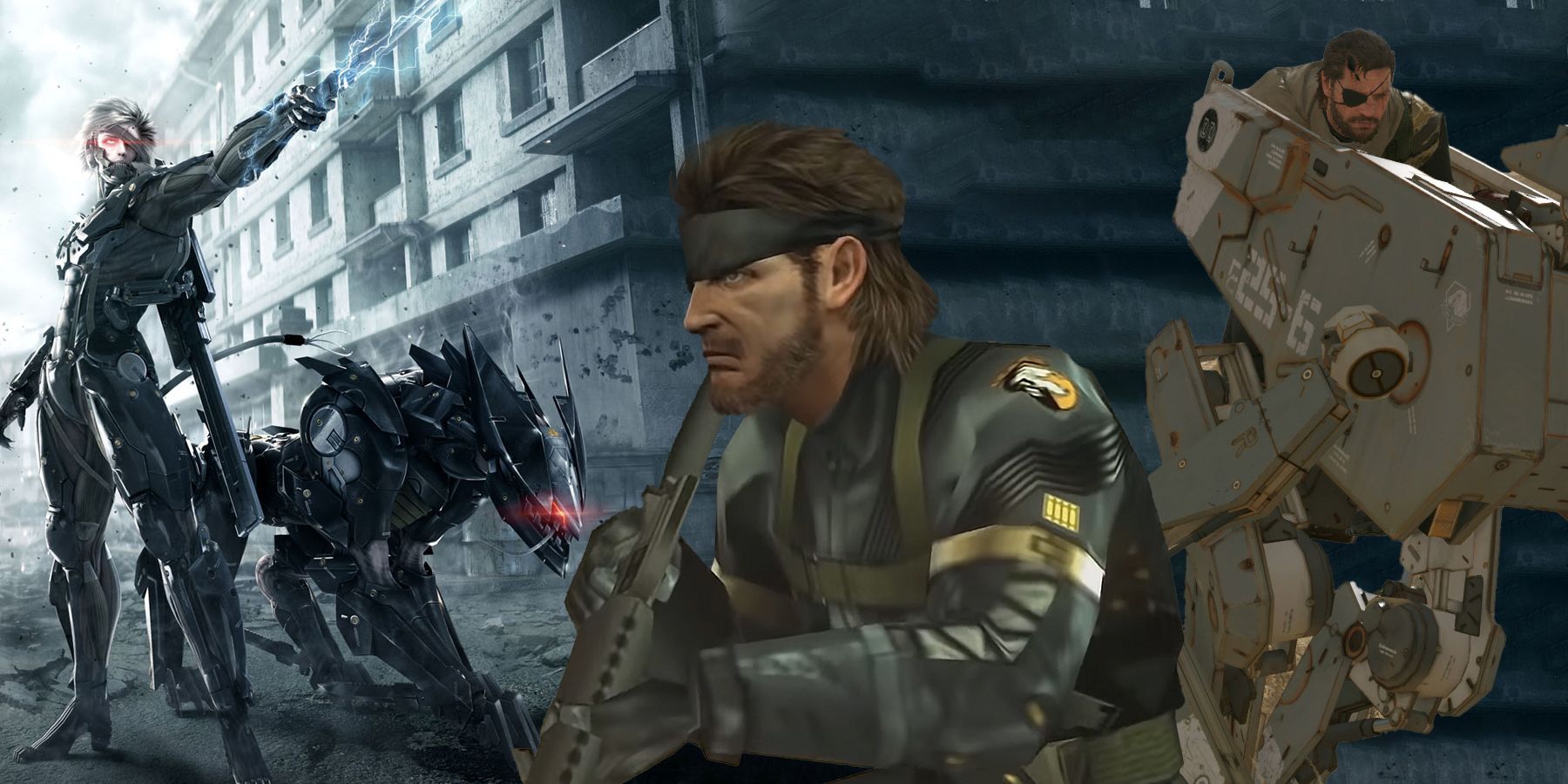
8 Easiest Metal Gear Games
Metal Gear can be overwhelming, but these games are relatively accessible for Konami's franchise.
4 The Legend of Zelda: Breath Of The Wild
Revamped Progression By Offering Vast Open-world Exploration And Environmental Interaction
The Legend of Zelda: Breath of the Wild
- Platform(s)
- Nintendo Wii U , Switch
- Released
- March 3, 2017
- Developer(s)
- Nintendo EPD
- Genre(s)
- Action , Adventure
The Legend of Zelda: Breath of the Wild was a breath of fresh air, back when it was released in 2017 because of its minimal hand-holding approach to progression. The enormous scale of Hyrule’s open world is jaw-dropping, to say the least, not just because of the sheer size, but because of how alive and organic it feels. This already marks a stark contrast between the previous Zelda games that focus more on linear levels and structured dungeons for story progression.
The exploration in Breath of the Wild is only facilitated with various Shrines, puzzles, enemy encounters, and tools that inspire the most creative approaches from the players. The robust physics engine powering the game sets a new standard for environmental interaction, including setting fires for gliding, making makeshift bridges with Magnesis, and adapting to dynamic weather effects or using them for an edge in battles.
3 Resident Evil 7: Biohazard
Returned To the Series’ Survival Horror Roots But With A First-person-perspective Twist
Resident Evil 7: Biohazard
- Platform(s)
- PS5 , PS4 , Xbox Series X , Xbox Series S , Xbox One , Switch , Stadia , PC
- Released
- January 24, 2017
- Developer(s)
- Capcom
- Genre(s)
- Survival Horror
Resident Evil 5 and Resident Evil 6 pushed the survival horror series into uncertain territory with a huge emphasis on action elements and fast-paced combat. Both of these titles, though did well in terms of sales, only received a lukewarm reception from critics and fans alike. This put Capcom in a position to reevaluate the direction of the series while they continued to work on a new engine simultaneously.
In 2017, Resident Evil 7, the first Capcom game to use their proprietary engine, RE Engine, was unveiled. With state-of-the-art photorealism in graphics, an immersive new first-person-perspective, and a return to the atmospheric horror tone that headlined the previous beloved Resident Evil games, this would go on to mark Capcom’s return to form and, to some extent, a rejuvenation of pure survival horror games in the market as well. Ever since original survival horror games and remakes have graced the genre and continue to push boundaries in it.
Now, Capcom continues to adopt a survival horror tone and first-person perspective for its mainline Resident Evil series while also being able to use that success and reception to remake its other Resident Evil classics.

Best Resident Evil DLC Expansions, Ranked
The Resident Evil franchise has offered up some incredible DLC episodes over the years, but these are the ones that stand out the most.
2 Assassin’s Creed Origins
Mixing RPG Elements With A Sprawling Open-world Design
The Assassin’s Creed series has been a Ubisoft darling and one that has gone through a fair bit of experimentation through the years. Aside from the side-scrolling experiences like Assassin’s Creed Chronicles or isometric mobile games like Assassin’s Creed Identity, the biggest overhaul of the mainline series came with Assassin’s Creed Origins which paved the way for future games in the series to offer unbounded freedom of progression and personalization to players thanks to its shift to the RPG genre.
Acquiring gears, weapons, and unlocking abilities across a huge skill tree gave a layer of depth to exploration absent from previous Assassin’s Creed games. Moreover, a counter-based attacking system was revamped by adding more action-focused mechanics like dodge, parry, applying buffs, and debuffs, which are the staple of many RPG franchises. All of this worked well with the quest design system that added a sense of discovery to the rich lore and background of the series, a match made in heaven.
1 God of War (2018)
Shift To Over-the-Shoulder Camera Angle For More Intense Combat
God of War (2018)
- Released
- April 20, 2018
- Developer(s)
- Santa Monica Studio
- Genre(s)
- Action , Adventure
The Kratos reveal trailer at E3 2016 is still an unforgettable highlight for many gamers. Sony fans all around the world rejoiced upon seeing the titular raging god return, but this time with a change in its setting, tone, and combat, all for the better. The fixed camera angles and hack-and-slash action of the previous installments now feel dated and repetitive, or maybe made to feel so because of the sheer strategic brilliance of God of War's combat.
From the satisfying feeling of retrieving the boomerang-esque Leviathan Axe to the fiery crowd control abilities of Blades of Chaos, tactical decision-making and precision headline the combat in the reboot of God of War. The over-the-shoulder perspective coupled with seamless one-shot long camera takes made God of War (2018) an immersive, character-focused, narrative-driven experience that transformed the series into a mature and profound one.


